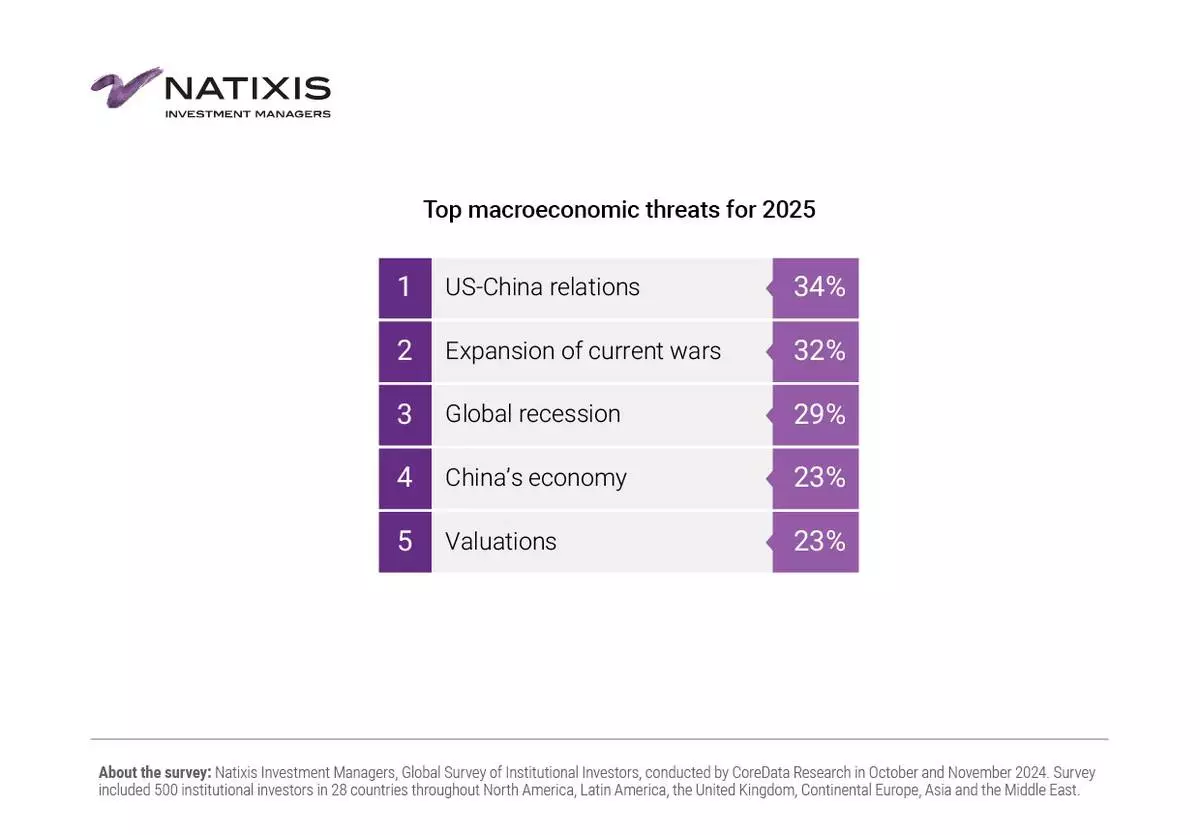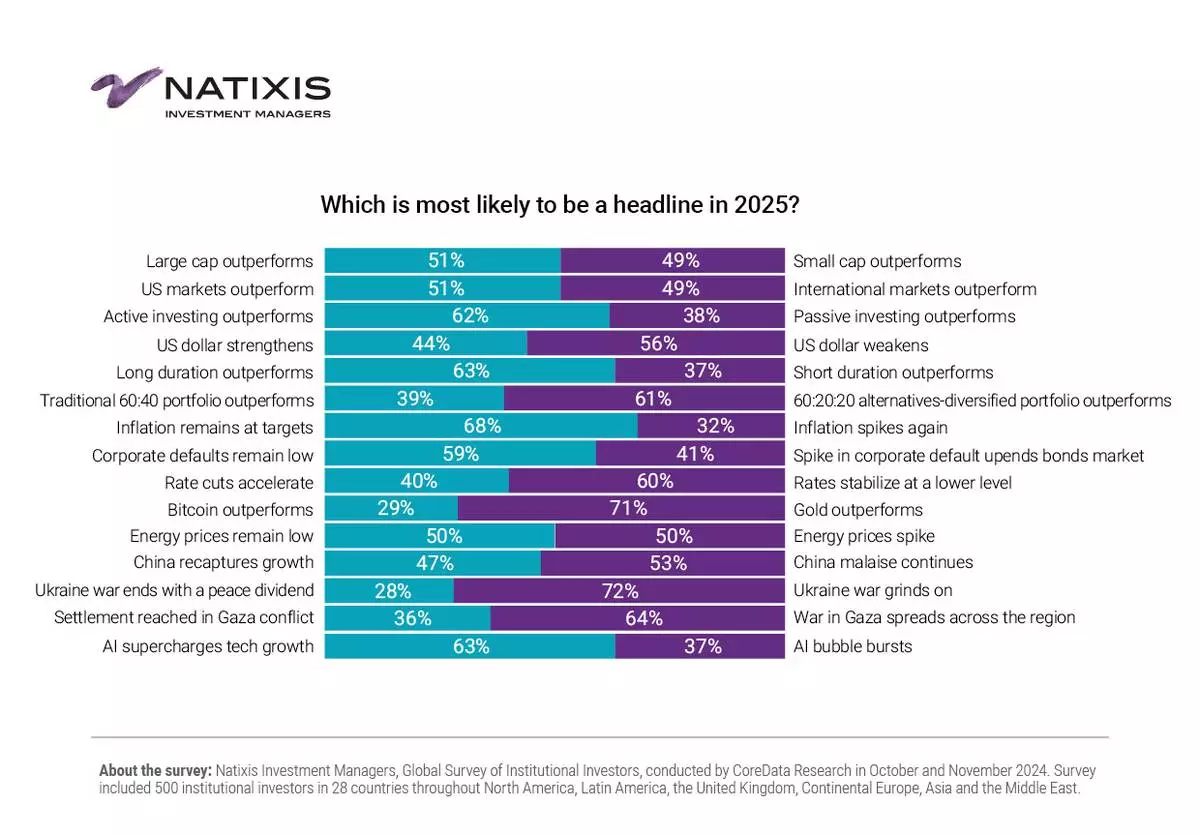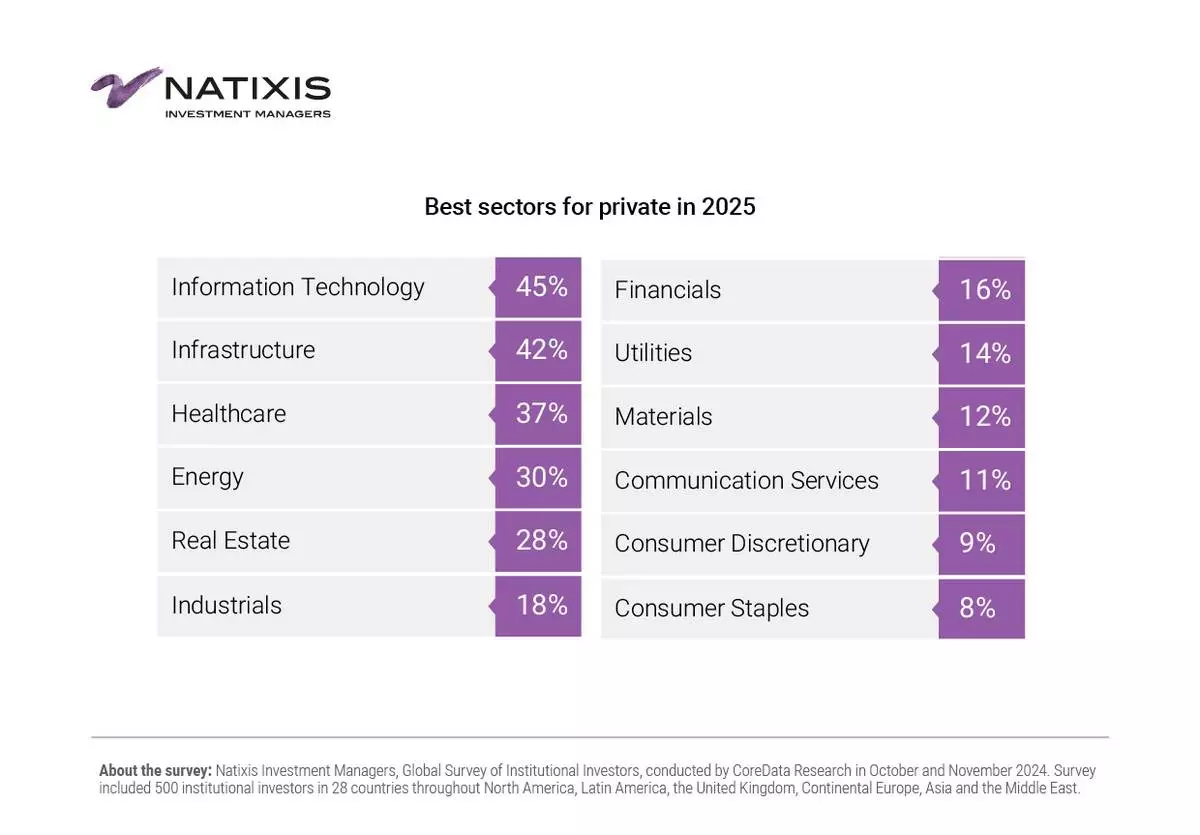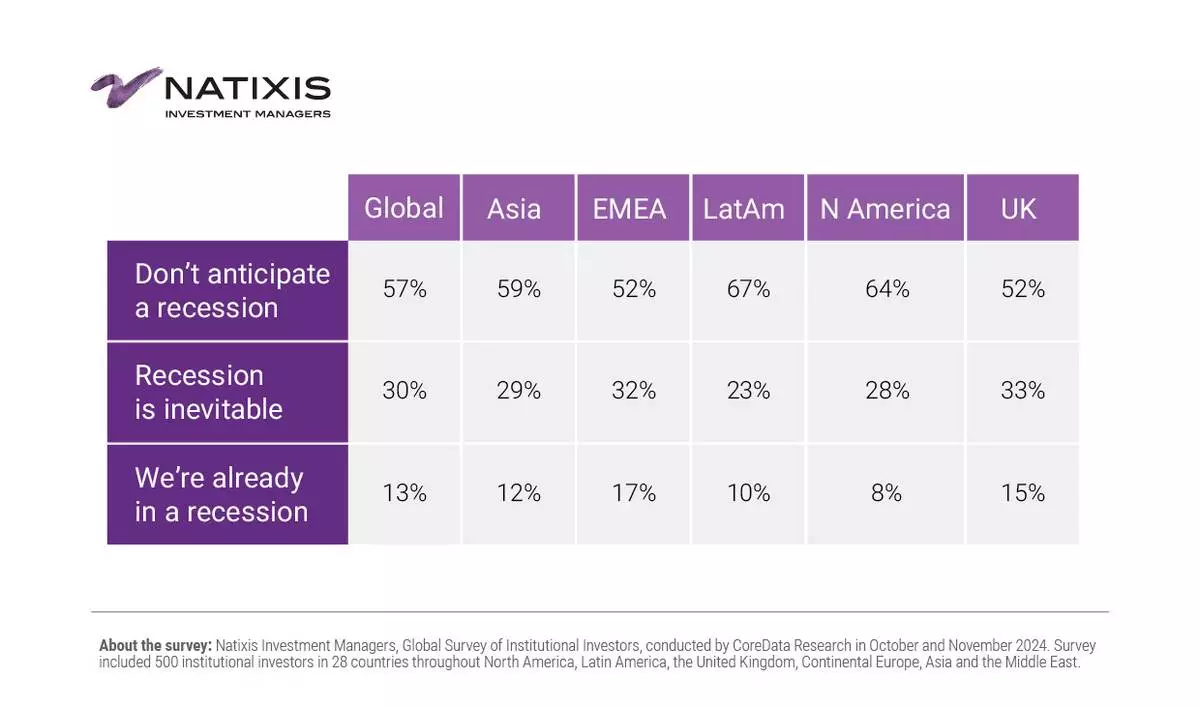Miami's playoff hopes took an all-but-final nosedive while Alabama's got a boost Tuesday night in the last rankings before the 12-team College Football Playoff bracket is set next weekend.
The Hurricanes (10-2) moved down six spots to No. 12 — the first team out of the projected bracket after suffering their second loss of the season. They are one spot behind the Crimson Tide (9-3), who won last week and moved up two spots to No. 11, where they are projected as the last team in and the fourth from the Southeastern Conference.
To make things worse for the ’Canes, selection committee chair and Michigan athletic director Warde Manuel said there was no way for them to leapfrog Alabama since neither team plays next weekend. The odds of them moving up based on lopsided results in the weekend's conference title games are virtually zero.
The Miami-Alabama sorting was the strongest indication yet that the selection committee is looking at more than mere wins and losses, but also at strength of schedule and other factors that appear to give the SEC an edge.
“We still think Miami is a very strong team,” Manuel said. “It came down to a difference in their body of work ... not just wins, not just losses but the totality of the season and how those teams performed.”
He mentioned three key data points: Alabama was 3-1 against current Top 25 teams and Miami is 0-1; Alabama is 6-1 against winning teams while Miami is 4-2; and Miami has lost two of its last three games.
Oregon stayed at No. 1 for the fifth straight week and will head into Saturday's Big Ten title game against Penn State as the only undefeated team in big-time college football.
The pairings for college football's first 12-team playoff will be set Sunday, the day after the conference title games. The playoffs start Dec. 20, with the title game set for Jan. 20 in Atlanta.
Ohio State moved down four spots to No. 6 after its loss to Michigan.
That bumped Texas up a spot to No. 2, Penn State to No. 3, Notre Dame to No. 4 and Georgia to No. 5.
The selection committee all but designated the Big 12 as a one-bid league, moving Arizona State and Iowa State up only one spot each to Nos. 15 and 16.
The top five ranked conference champions are guaranteed bids, which means the winner of the Big 12 title game is in even it doesn't reach the top 12 — another factor in Miami's likely ouster.
SMU, on a nine-game winning streak, moved up a notch to No. 8 and is the Atlantic Coast Conference’s highest-ranked team, but is still potentially vulnerable if it loses the title game to No. 17 Clemson.
The crux of this week’s drama comes from — where else? — the SEC.
Alabama is only two weeks removed from an ugly 24-3 loss at Oklahoma. The Tide still got better treatment than Miami, which fell 42-38 at Syracuse last week with a spot in the ACC title game at stake.
Also in the SEC, Mississippi was ranked 13th and South Carolina 14th — answering a question of just how deep into the SEC pool the committee was willing to go. Neither team has another chance to build its resume.
Other rankings: No. 7 Tennessee, No. 9 Indiana and No. 10 Boise State. The projected bracket includes four teams each from the Big Ten and SEC and one each from the ACC, Mountain West and Big 12, plus independent Notre Dame.
SEC: This will be awkward for the loser of Texas vs. Georgia. The Longhorns are perched too high to miss the playoff, though a loss would make them 0-2 vs. Georgia and 11-0 against everyone else, and they also have the conference’s easiest schedule. For Georgia, it would be a third loss, but the committee doesn’t seem likely to punish the Bulldogs for playing in the title game.
Big 12, Mountain West: The winner of ASU-Iowa State is still likely outside of the group of four conference champs that receive first-round byes unless UNLV upsets Boise State.
ACC: If Clemson beats SMU, it puts the 17th-ranked team in the bracket and makes the ACC a potential snub for the second straight year. (Remember Florida State last season?)
Based on this week’s rankings. Teams listed by seed.
No. 12 Arizona State at No. 5 Penn State: This game between two teams nobody wants to play right now highlights the obvious benefits of avoiding the first round — which is still possible for both.
No. 9 Tennessee at No. 8 Ohio State: What could be worse for Ohio State fans than hearing “Rocky Top” blaring through their home stadium after a loss?
No. 11 Alabama at No. 6 Notre Dame: Bear Bryant went 0-4 vs. the Fighting Irish. Alabama won both 21st-century matchups in the playoffs.
No. 10 Indiana at No. 7 Georgia: The Hoosiers' welcome to the big time would come between the hedges.
AP college football: https://apnews.com/hub/ap-top-25-college-football-poll and https://apnews.com/hub/college-football. Sign up for the AP’s college football newsletter: https://apnews.com/cfbtop25

Georgia wide receiver Dominic Lovett (6) during the second half of an NCAA college football game, Saturday, Nov. 30, 2024, in Athens, Ga. Georgia won in eight overtime periods. (AP Photo/Mike Stewart)
BOSTON--(BUSINESS WIRE)--Dec 4, 2024--
Institutional investors are heading into the new year with the expectation that 2024’s positive market conditions will continue, but they are keeping their eyes on a wide range of economic threats, according to new survey findings published today by Natixis Investment Managers (Natixis IM).
This press release features multimedia. View the full release here: https://www.businesswire.com/news/home/20241204620178/en/
Institutional investors across the globe see a wide range of economic threats on the horizon, with US/China tensions driving the most concerns (34%) followed by the expansions of current wars (32%), underlying economic concerns including global recession (29%) and China’s economy (23%). In the US, institutional investors’ fears are focused more on the expansion of current wars (33%) persistent inflation (30%) and valuations (30%) than US/China relations (26%).
Natixis IM surveyed 500 institutional investors in October 2024 who collectively manage $28.3 trillion in assets for public and private pensions, insurers, foundations, endowments, and sovereign wealth funds worldwide. Survey participants also include 86 institutional investors in the US responsible for managing $5 trillion in assets.
Despite these concerns, US institutional investors have an optimistic economic outlook:
“Subsiding recession fears in 2024 have given way to enthusiasm for strong returns on the horizon, but investors are still looking over their shoulder at the geopolitical and economic risks,” says Dave Goodsell, Executive Director of the Natixis Center for Investor Insight. “While the US election gives some clarity to institutional investors of the direction that economic and foreign policy could go, there is still a lot of ‘wait and see’ as investors calibrate their portfolios to account for the opportunities the market has to offer versus the risks it could see in 2025.”
Geopolitical Risks: Diverging Focuses for US and Global Investors
Institutional investors globally and in the US are concerned about the geopolitical landscape going into 2025, but the risks that concern them most vary depending on the region. In the US, institutions are worried about the expansion of current wars in Ukraine and Gaza (33%), while the rest of the world – including the UK (42%), France (38%), Germany (53%) and Singapore (53%) – list US/China relations as their top macroeconomic threat.
US institutional investors express pessimism around reaching a resolution to the current geopolitical conflicts. In the Ukraine war, 78% of US institutional investors believe it will grind on through 2025, while only 22% think it will end with a peace dividend. Regarding the Gaza war, 60% of US institutional investors believe it will spread across the region, while 40% believe a settlement will be reached. However, both US institutional investors (74%) and institutional investors across the globe (66%) believe the growing alliance between Russia, North Korea and Iran will lead to greater economic instability.
While 61% of global institutional investors express concern about a trade war, that number drops slightly to 58% of US institutional investors. China’s economic and regulatory environment has become less attractive for US institutional investors as:
Beyond the immediate market implications of geopolitical conflict, US institutional investors see additional risks. Almost two-thirds (64%) of US investors believe geopolitical tensions will ratchet up disputes over new frontiers, such as space or the Arctic. In technology, 69% of US institutions believe that AI will open a new avenue of geopolitical risks to investors.
Economic and Sector Outlook Reflects Investors’ Measured Confidence in Markets
Despite geopolitical concerns, the positive economic backdrop – lowering inflation, anticipated rate cuts, etc – drives US institutions’ optimism about markets in 2025. US investors express bullishness across equity and bond markets.
Valuations a top concern for portfolio allocations
While investors remain confident in the market, they have a healthy understanding of risks. After an extended run-up, valuations are a top portfolio concern, especially in the US, where almost two-thirds (63%) of US institutional investors say they are one of their top portfolio risks in 2025. Further, one in four (40%) of US intuitional investors see inflation as a top risk, and while 2024 markets provided a relatively smooth ride in key asset classes, US institutions project an uptick for volatility in stocks (57%), currencies (44%) and bonds (40%).
US institutions are looking for long-term performance, so little change is expected in their allocation projections for 2025 and the long term. Strategy remains focused on meeting an average long-term return assumption of 8.3%. In addition, key pressure has been alleviated by higher interest rates and US institutional liability ratios have settled at 86%.
Further, US institutional investors are approaching their portfolios by:
Investors Bullish on Private Markets but Opportunities are Hard to Find
Alternative assets remain of particular interest, especially private markets, with US investors 60% bullish on private equity and (59%) bullish on private debt. In fact, 65% of US institutional investors believe that a portfolio with 60% stocks, 20% bonds and 20% alternatives will outperform the traditional 60:40 portfolio. With rate cuts expected in 2025, 80% of US institutional investors are anticipating that they will improve deal flow in private markets, with 74% of US institutional investors believing that more private debt will be issued in 2025 to meet demand.
While excitement remains over private markets, over half (56%) of US institutional investors also find that the popularity of private is making it hard to find investment opportunities. Further, 67% of US institutional investors say that growing investment in private assets is increasing risks in institutional portfolios, resulting in 70% of US institutional investors confirming they have increased their due diligence on private assets has increased as they are concerned about deal quality.
On AI and technology, 71% of US institutional investors believe that using AI as an investment tool will unlock new investment opportunities that were otherwise undetectable. Further, three-quarters (76%) of US institutional investors believe US policy will foster AI growth at home to compete with China. However, US investors are a little more split on what AI’s market story will be in 2025: 59% believe the AI story for 2025 will be that it supercharges tech growth, but 41% see the story as the AI bubble bursts.
A full copy of the report on the Natixis Investment Managers Institutional Investor 2025 Market Outlook can be found here: https://www.im.natixis.com/en-us/insights/investor-sentiment/2024/institutional-outlook
Methodology
Natixis Investment Managers, Global Survey of Institutional Investors conducted by CoreData Research in October and November 2024. Survey included 500 institutional investors in 28 countries throughout North America, Latin America, the United Kingdom, Continental Europe, Asia and the Middle East.
About the Natixis Center for Investor Insight
The Natixis Center for Investor Insight is a global research initiative focused on the critical issues shaping today’s investment landscape. The Center examines sentiment and behavior, market outlooks and trends, and risk perceptions of institutional investors, financial professionals and individuals around the world. Our goal is to fuel a more substantive discussion of issues with a 360° view of markets and insightful analysis of investment trends.
About Natixis Investment Managers
Natixis Investment Managers’ multi-affiliate approach connects clients to the independent thinking and focused expertise of more than 15 active managers. Ranked among the world’s largest asset managers 1 with more than $1.4 trillion assets under management 2 (€1.2 trillion), Natixis Investment Managers delivers a diverse range of solutions across asset classes, styles, and vehicles, including innovative environmental, social, and governance (ESG) strategies and products dedicated to advancing sustainable finance. The firm partners with clients in order to understand their unique needs and provide insights and investment solutions tailored to their long-term goals.
Headquartered in Paris and Boston, Natixis Investment Managers is part of the Global Financial Services division of Groupe BPCE, the second-largest banking group in France through the Banque Populaire and Caisse d’Epargne retail networks. Natixis Investment Managers’ affiliated investment management firms include AEW; DNCA Investments; 3 Dorval Asset Management; Flexstone Partners; Gateway Investment Advisers; Harris | Oakmark; Investors Mutual Limited; Loomis, Sayles & Company; Mirova; MV Credit; Naxicap Partners; Ossiam; Ostrum Asset Management; Seventure Partners; Thematics Asset Management; Vauban Infrastructure Partners; Vaughan Nelson Investment Management; and WCM Investment Management. Additionally, investment solutions are offered through Natixis Investment Managers Solutions and Natixis Advisors, LLC. Not all offerings are available in all jurisdictions. For additional information, please visit Natixis Investment Managers’ website at im.natixis.com | LinkedIn: linkedin.com/company/natixis-investment-managers.
Natixis Investment Managers’ distribution and service groups include Natixis Distribution, LLC, a limited purpose broker-dealer and the distributor of various US registered investment companies for which advisory services are provided by affiliated firms of Natixis Investment Managers, Natixis Investment Managers International (France), and their affiliated distribution and service entities in Europe and Asia.
All investing involves risk, including the risk of loss. Investment risk exists with equity, fixed-income, and alternative investments. There is no assurance that any investment will meet its performance objectives or that losses will be avoided.
The views and opinions expressed may change based on market and other conditions. This material is provided for informational purposes only and should not be construed as investment advice. There can be no assurance that developments will transpire as forecasted. Actual results may vary.
NIM-11292024-krbpcdgn


Which is most likely to be a headline in 2025? (Graphic: Business Wire)

Best sectors for private in 2025 (Graphic: Business Wire)

Recession (Graphic: Business Wire)

Top macroeconomic threats for 2025 (Graphic: Business Wire)














